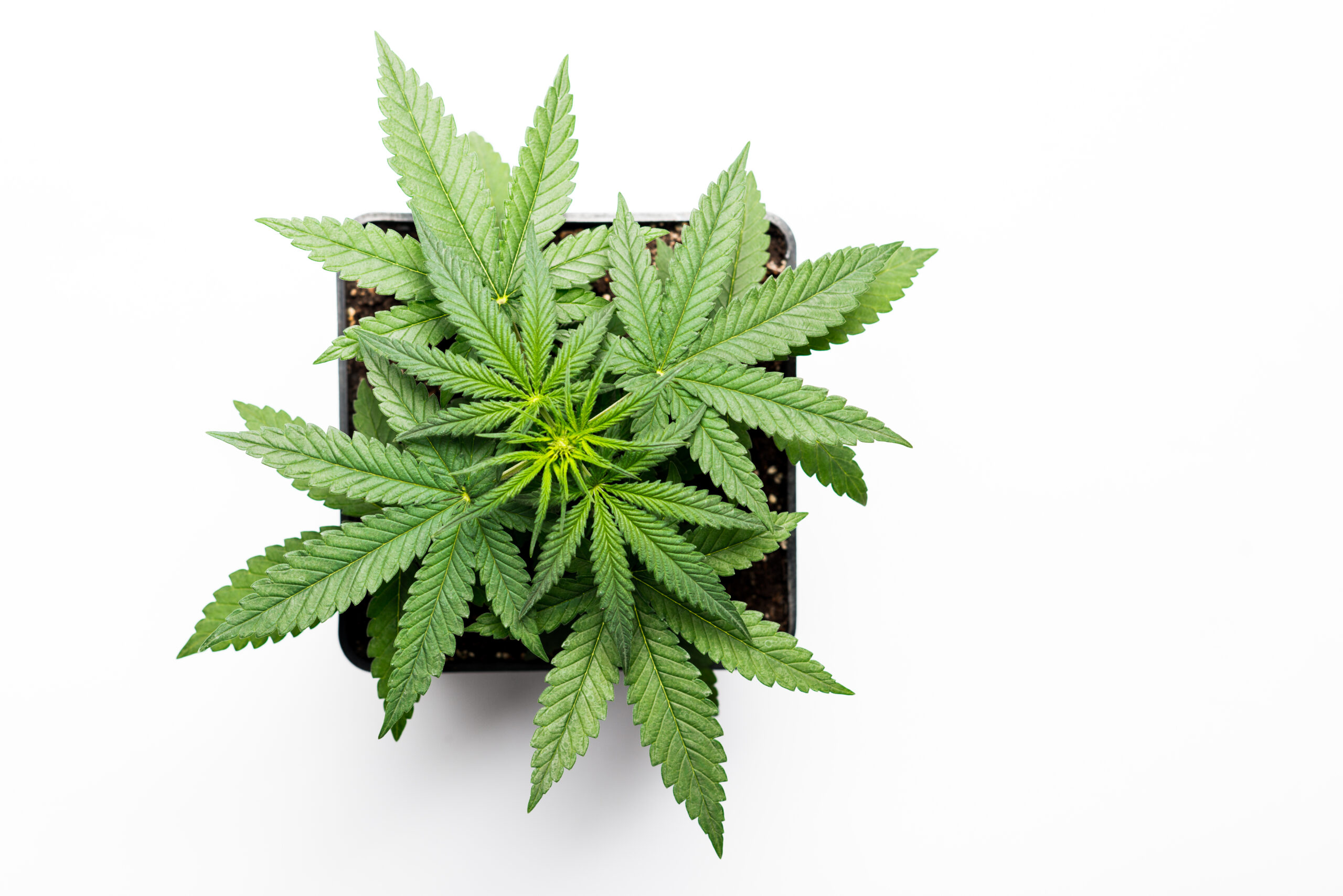Connect with us
Published
8 months agoon
By
Tyler Shultz
A new study published in ACG Case Reports has shown daily use of cannabis provides relief to patients diagnosed with chronic pouchitis, an inflammatory condition that frequently occurs in patients following surgery to treat ulcerative colitis. Israeli researchers assessed nine patients after ileoanal pouch anastomosis (IPAA) who were referred to the gastroenterology clinic at the Meir Medical Center in Kfar Saba, Israel during 2013–2018. Data including patients’ symptoms, physical examination, complete blood count, liver enzymes, and kidney function test, C-reactive protein, and fecal calprotectin, as well as pouch endoscopy were collected before cannabis consumption began and at 8-12 and 52 weeks after starting. The results of the study showed eight of the nine patients in the study showed improvements in their symptoms, including improvements in abdominal pain and swelling, nausea, appetite, and general well-being, with mood, memory, concentration, sleep, alertness, and daily function also improving. Patients reported no experiences with hallucinations, negative moods, restlessness or confusion, and no patients reported IBD exacerbation. “Symptom improvement was reported by eight of nine patients, including improvements in abdominal pain and swelling, nausea, appetite, and general well-being. Mood, memory, concentration, sleep, alertness, and daily function were also improved. Patients reported no events of hallucinations, negative behavioral effects, restlessness, or confusion. None reported IBD [inflammatory bowel disease] exacerbation,” reported the researchers. “To the best of our knowledge, this is the first report on the effect of cannabis consumption among patients with chronic pouchitis. … Cannabis use led to significant symptomatic improvement and better quality of life in this group of patients with refractory pouchitis. Larger, controlled studies are needed to further evaluate the role of cannabis in the treatment of chronic pouchitis.” A recent study led by anesthesiologists from the Beth Israel Deaconess Medical Center (BIDMC) found, for patients who underwent a non-cardiac surgery in Boston between 2008 to 2020, cannabis users often had a higher complexity of co-existing conditions such as mood disorders and depression and patients who had a diagnosed cannabis use disorder often required more post-procedural care compared to non-cannabis users. However, results from the study also show those who use cannabis whose use of cannabis was not classified as a disorder had lower odds of requiring advanced healthcare after surgery compared to patients who never use cannabis. Medical and non-medical cannabis use was identified before procedures through routine interviews about past and ongoing drug use. Patients with cannabis use disorders were identified through diagnostic codes. A diagnosis of cannabis use disorder was linked with a higher chance of a 30-day hospital readmission compared to patients who didn’t use cannabis. However, patients who reported non-medical cannabis use had lower odds of needing advanced post-procedural healthcare and such use was linked to a shorter hospital stay than patients who did not use cannabis. “Our analysis revealed that cannabis use is very common and has substantially increased among patients undergoing surgery, reflecting trends in the general population; however, differential effects on postprocedural health care utilization were observed between patients with moderate non-medical cannabis use and patients with a cannabis use disorder,” said corresponding author Maximillian S. Schaefer, Director of the Center for Anesthesia Research Excellence at BIDMC. Cannabis use post-surgery has shown positive effects after other types of surgeries and medical procedures. Adding onto previous research that has shown cannabis use reducing the use of opioids, a study published in the North American Spine Society Journal found cannabis consumers use fewer opioids in recovery after major neck surgery compared to non-cannabis users. Another study published in the journal Arthroplasty found patients with a history of cannabis use disorder had significantly shorter lengths of stay and higher rates of home discharge following total joint arthroplasty (TJA), or an operation where the individual has their hip or knee replaced.


Study Reveals State Cannabis Legalization Lowers Immigrant Deportation


DEA Challenges Bid To Use Psilocybin Under ‘Right To Try’ Legislation


Vegans Rejoice as Farmers Switch from Chickens to Hemp


Louisiana Legislative Committee Unanimously Passes Adult-Use Cannabis Framework Bill


Louisiana House Bill to Regulate Hemp Products Advances Along With Senate Bill to Ban


Cresco Labs Workers Reportedly De-Unionize
